In recent years, Iceland has emerged as a fascinating case study for sociologists and policymakers examining the rise of single-parent households. Unlike many other nations where single parenthood is often stigmatized or associated with economic hardship, Iceland presents a unique scenario where such families are not only common but also relatively well-supported by the state. This Nordic island nation, with its progressive social policies and strong emphasis on gender equality, has created an environment where single parents—primarily mothers—can thrive without facing the same level of societal judgment or financial instability seen elsewhere.
The prevalence of single-parent families in Iceland is striking. Nearly one in four Icelandic children lives in a household with only one parent, a figure that is significantly higher than the European average. What makes this statistic even more remarkable is the fact that these families are not concentrated in urban poverty zones, as is often the case in other countries. Instead, they are spread across Icelandic society, cutting across class and geographic lines. This widespread acceptance and normalization of single parenthood speaks volumes about Iceland's social fabric and its departure from traditional family structures.
Historical and cultural factors have played a crucial role in shaping Iceland's distinctive approach to single parenthood. The country's small population and remote location have fostered a pragmatic attitude toward family formation. For centuries, Icelanders have placed greater emphasis on the mother-child bond than on the institution of marriage itself. This cultural legacy, combined with the country's rapid modernization in the 20th century, created fertile ground for alternative family models to flourish without facing the same resistance encountered in more conservative societies.
Iceland's welfare system deserves particular attention when analyzing the success of single-parent households. The government provides substantial support through affordable childcare, generous parental leave policies, and a progressive taxation system that doesn't penalize single earners. Perhaps most importantly, Iceland's commitment to gender equality in the workplace means that single mothers—who constitute the majority of single parents—can maintain financial independence. This stands in stark contrast to many other developed nations where single parents, especially women, often find themselves trapped in cycles of poverty.
The educational system in Iceland further supports single-parent families by offering flexible schedules and after-school programs that accommodate working parents. Schools are deeply integrated into local communities, often serving as hubs where parents can access various social services. This holistic approach to child-rearing alleviates much of the stress typically associated with single parenthood, allowing both parents and children to thrive despite the challenges of managing a household with one adult.
Interestingly, the Icelandic experience challenges many international assumptions about single-parent families. Research conducted at the University of Reykjavík has shown that children raised in single-parent households in Iceland perform just as well academically and socially as their peers from two-parent homes. This finding contradicts studies from other countries where children from single-parent families often face educational disadvantages. The difference appears to lie in Iceland's comprehensive support systems that mitigate the potential negative effects of single parenthood.
Despite these positive aspects, it would be misleading to suggest that single parenthood in Iceland is without challenges. The emotional and logistical burdens of raising children alone remain significant, even in this supportive environment. Many Icelandic single parents report feeling overwhelmed by the constant juggling of work and childcare responsibilities. However, what sets Iceland apart is that these struggles are not compounded by financial desperation or social ostracization, as they often are elsewhere.
Looking to the future, Iceland's experience with single-parent households offers valuable lessons for other nations grappling with changing family dynamics. As marriage rates decline and alternative family structures become more common worldwide, the Icelandic model demonstrates how progressive social policies and cultural acceptance can create conditions where all families—regardless of their composition—have the opportunity to succeed. While not every country can or should replicate Iceland's exact approach, the fundamental principles of support, equality, and inclusion are universally applicable.
The story of single-parent families in Iceland ultimately reflects broader societal values that prioritize the well-being of children and the empowerment of women. In a global context where single parenthood is often framed as a social problem, Iceland presents an alternative narrative—one where diverse family structures are not just tolerated but embraced as valid and valuable components of a modern society. This perspective may prove increasingly relevant as family configurations continue to evolve worldwide in response to changing economic realities and social norms.
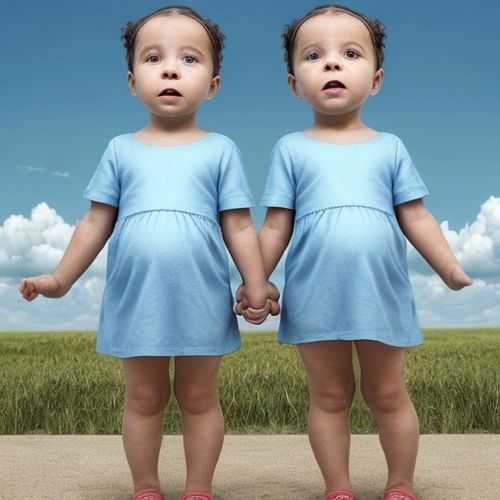
By Eric Ward/Apr 19, 2025

By Sophia Lewis/Apr 19, 2025

By George Bailey/Apr 19, 2025
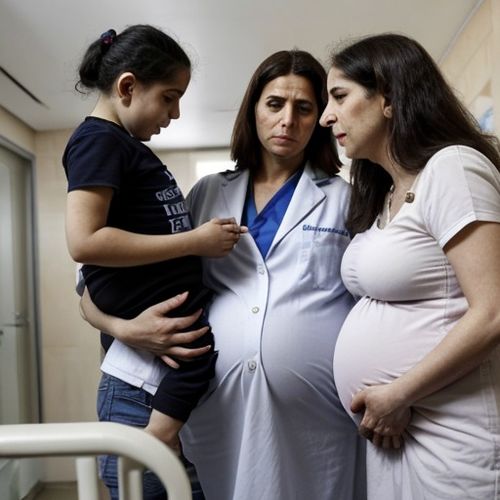
By George Bailey/Apr 19, 2025

By Grace Cox/Apr 19, 2025
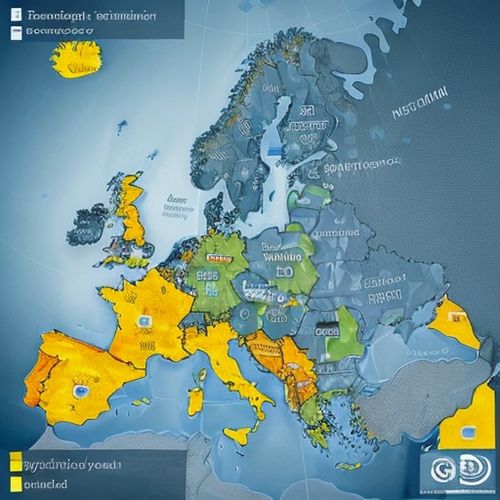
By Natalie Campbell/Apr 19, 2025

By Sarah Davis/Apr 19, 2025

By Michael Brown/Apr 19, 2025

By George Bailey/Apr 19, 2025
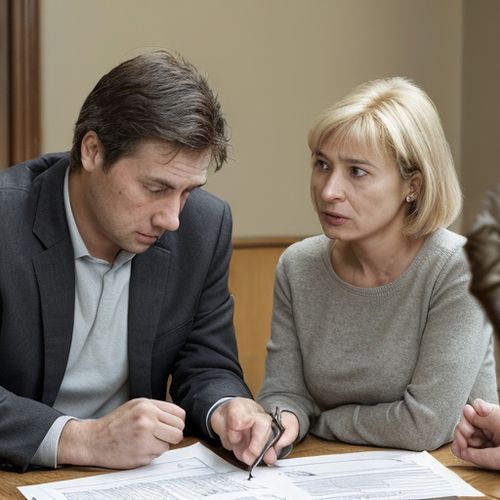
By Victoria Gonzalez/Apr 19, 2025

By Christopher Harris/Apr 19, 2025

By Natalie Campbell/Apr 19, 2025

By Sophia Lewis/Apr 19, 2025

By James Moore/Apr 19, 2025

By Natalie Campbell/Apr 19, 2025
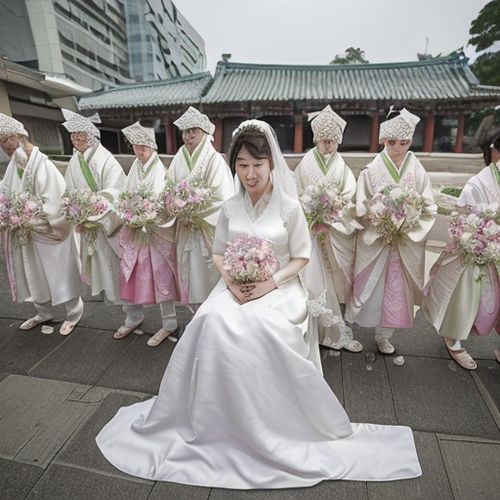
By Emily Johnson/Apr 19, 2025
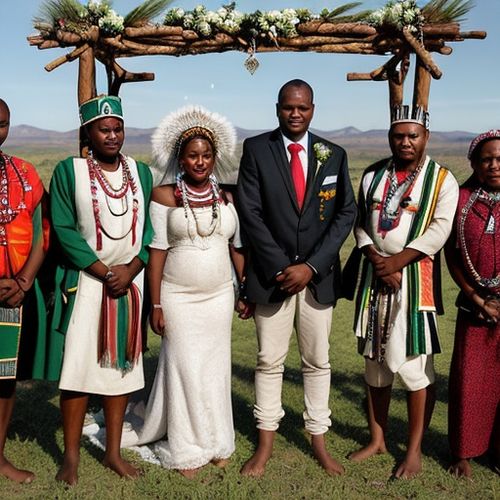
By James Moore/Apr 19, 2025
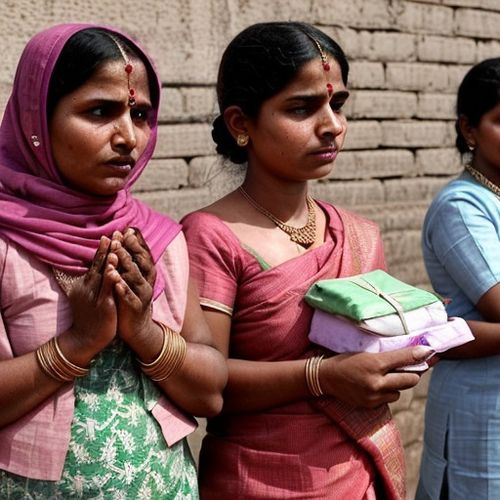
By Amanda Phillips/Apr 19, 2025
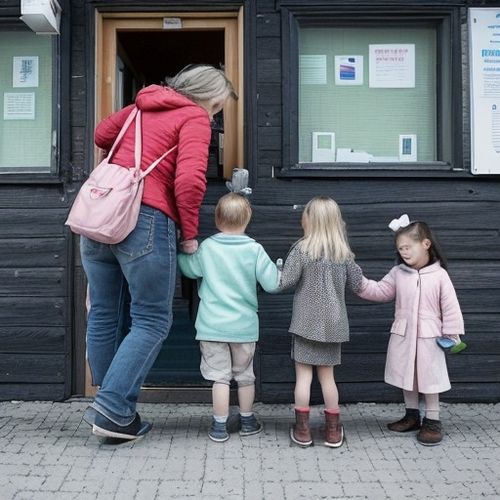
By Emily Johnson/Apr 19, 2025

By Noah Bell/Apr 19, 2025